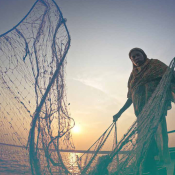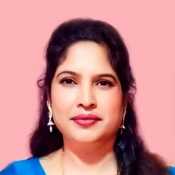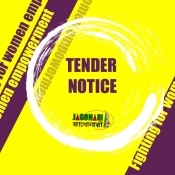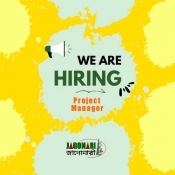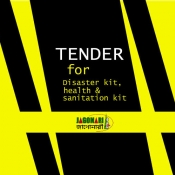Women Fisherfolk in Coastal Bangladesh: Invisible Workforce Demanding Recognition and Protection
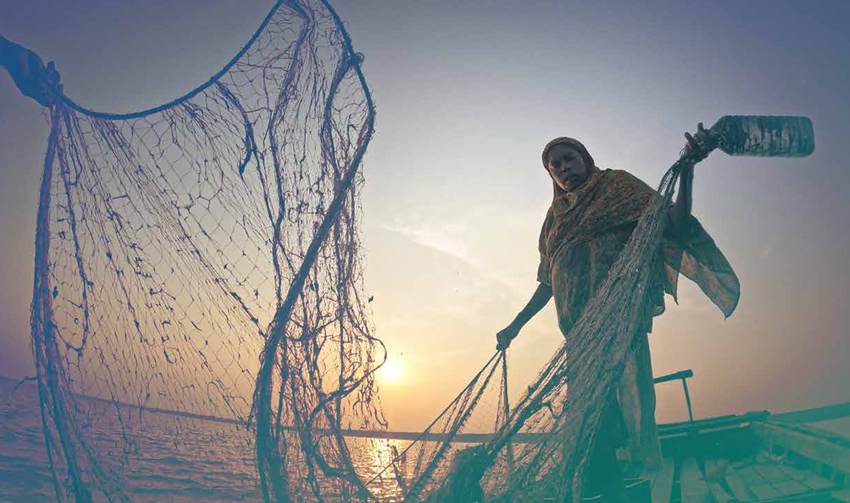
New research by non-governmental development organization JAGO NARI exposes gender inequality, calls for urgent action. A groundbreaking new study under JAGO NARI’s EWCSO project has revealed that thousands of women working in coastal fisheries in Bangladesh are still unrecognized, underpaid and highly vulnerable to climate disasters.
The report, titled ‘Women Fisherfolk in Coastal Bangladesh – Risks and the Way Forward,’ paints a vivid picture of women weaving nets, drying fish, catching fish and selling seafood in coastal districts like Barguna and Patuakhali, yet remaining invisible in government records and national policies.
‘Women are the backbone of coastal fisheries economies, but their contributions are hidden and their rights are ignored,’ said a JAGO NARI spokesperson. ‘Without urgent recognition and protection, their livelihoods – and our coastal resilience – are at risk.’
The report notes that women fishers face severe pay inequality. Women earn 40-60% less than men for the same work. The report says that in terms of climate and disaster risk, cyclones, tidal waves and fishing bans cause annual income losses and create debt traps. The report says that less than 16% of women influence household income or fishing decisions. The report says that compensation and government support for fishing bans rarely reach women workers.
The study makes some recommendations to government agencies, civil society and the private sector. The study says to recognize women as workers through government registration and fisher identity cards. Ensure equal pay and safe working conditions in fish drying shelters and markets. Include informal women workers by expanding social protection and relief during fishing bans. Invest in climate-resilient infrastructure and provide soft loans for alternative livelihoods. Encourage women’s leadership in fisheries management and disaster planning.
The report says that more than half of Bangladesh’s post-harvest fisheries workers are women. Their empowerment is crucial for food security, poverty reduction and coastal climate resilience. The study, conducted by JAGO NARI with support from the EWCSO project, combines field surveys, community consultations and policy analysis to recommend a gender-inclusive roadmap for sustainable fisheries. The EWCSO project is being implemented by JAGO NARI with support from the European Union and Oxfam.
/JAGO NARI Newsroom/17-09-2025/
Published on: Wednesday, 17 September 2025, 11:30 pm ▪ Last update: Wednesday, 17 September 2025, 11:44 pm ▪ Total View of this Page: 266



